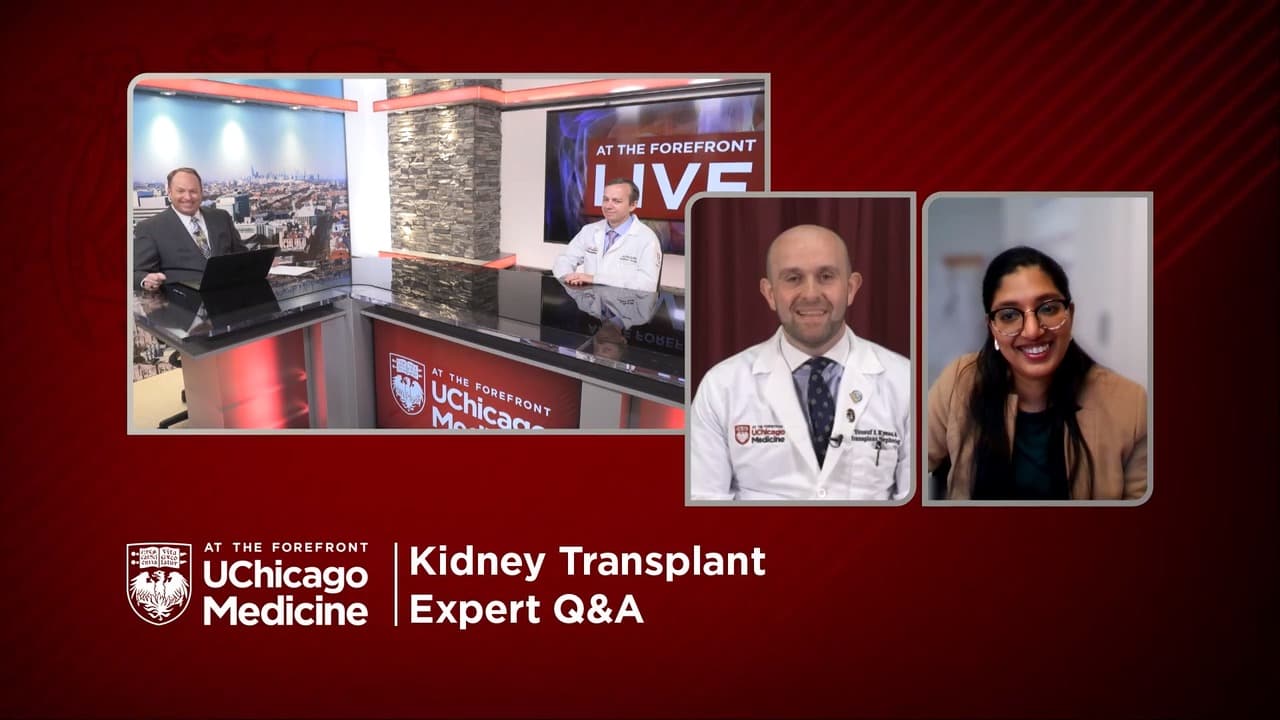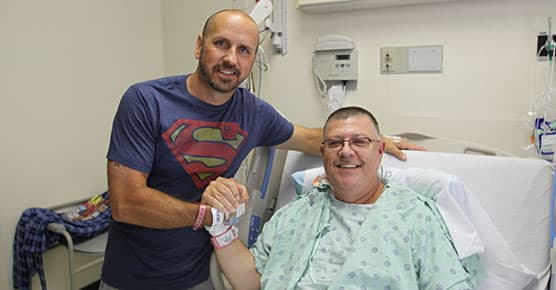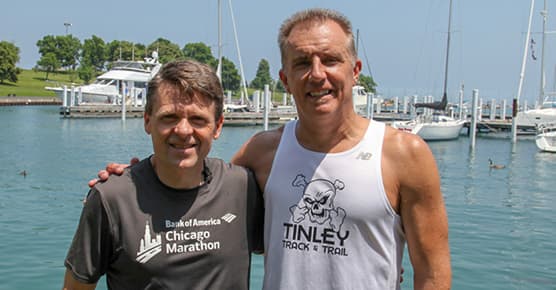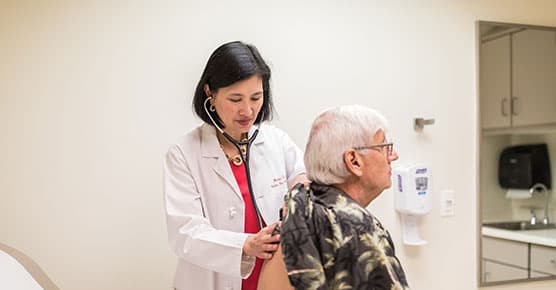Living Kidney Donation and Kidney Transplantation: Expert Q&A

April is Donate Life Month and there are currently over 100,000 people in the US awaiting a kidney transplant. A donated kidney can make all the difference in the life of someone with kidney failure. Our experts talk about the transplant process and the benefits of living kidney donation. Learn more about organ donation.
Kidney Transplant Program
UChicago Medicine's Kidney Transplant Program is dedicated to offering the highest level of care. We continue to improve transplant medicine through our research, providing patients access to the newest therapies and treatments.
Learn more about the kidney transplant programTransplant Programs and Resources

Organ Matching and Transplant Wait List Process
If you are a candidate for transplant, your name will be added to the national waiting list.

Living Kidney Donation
For many patients waiting for a transplant, living donation is an alternative option that offers hope.

Living Liver Donation
Living liver donors can give part of their healthy liver to a transplant patient and end their long wait for treatment.
